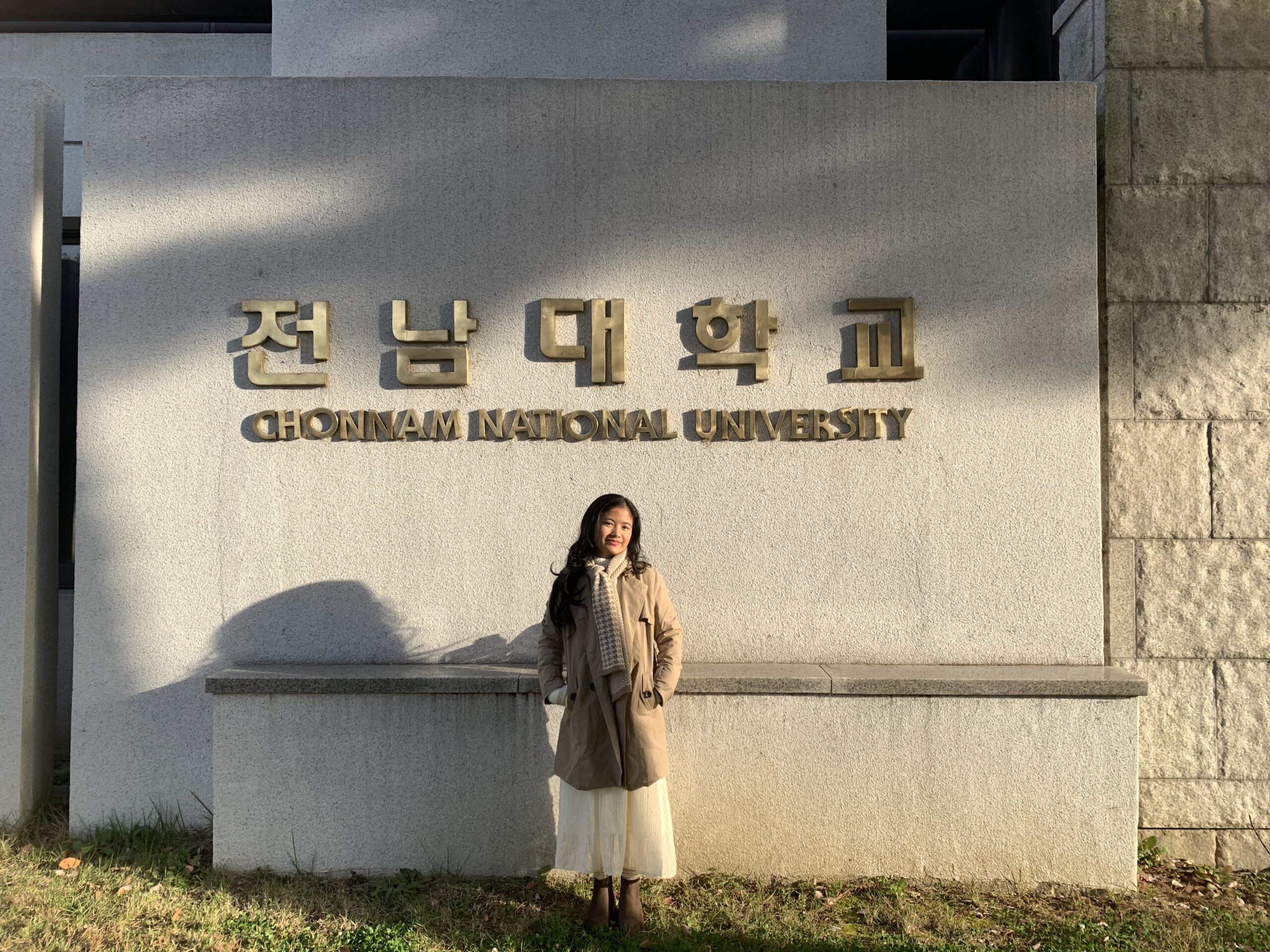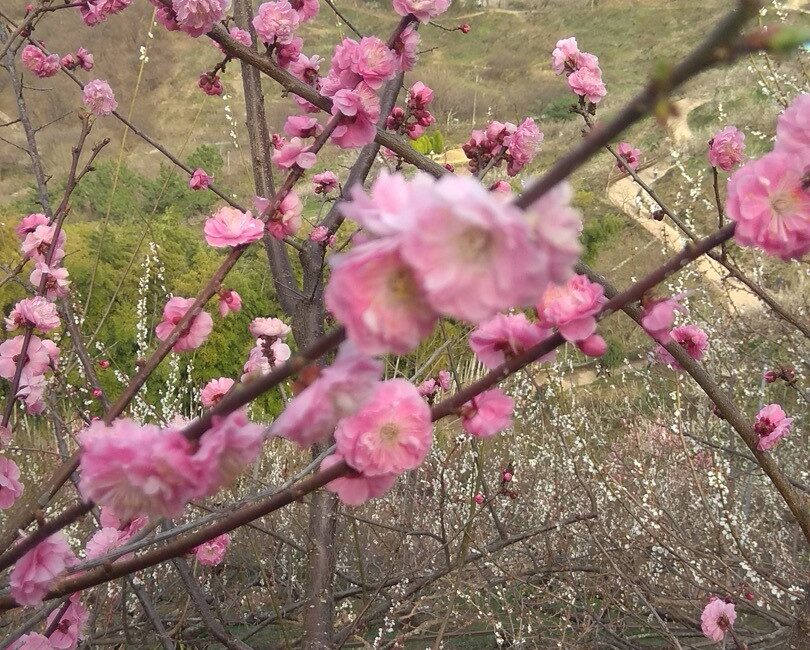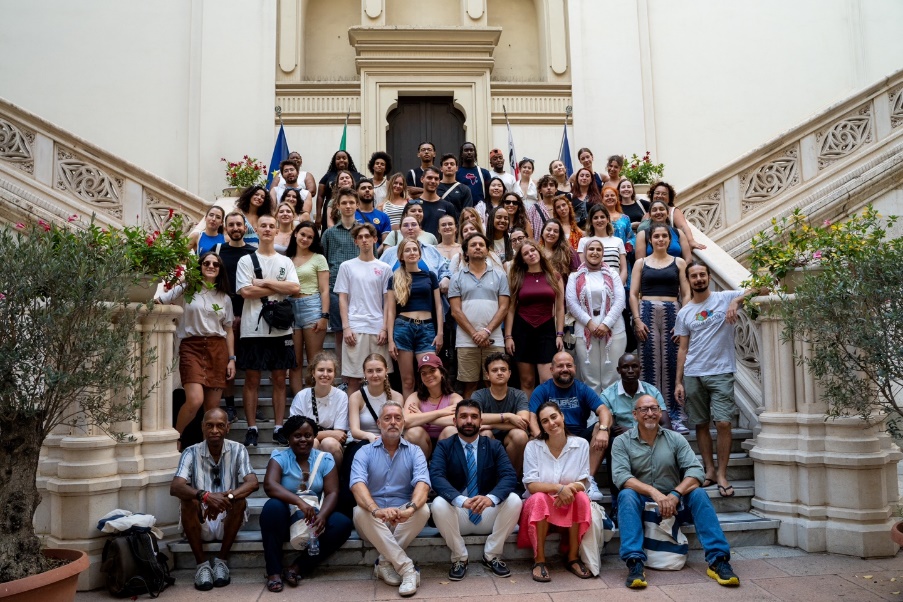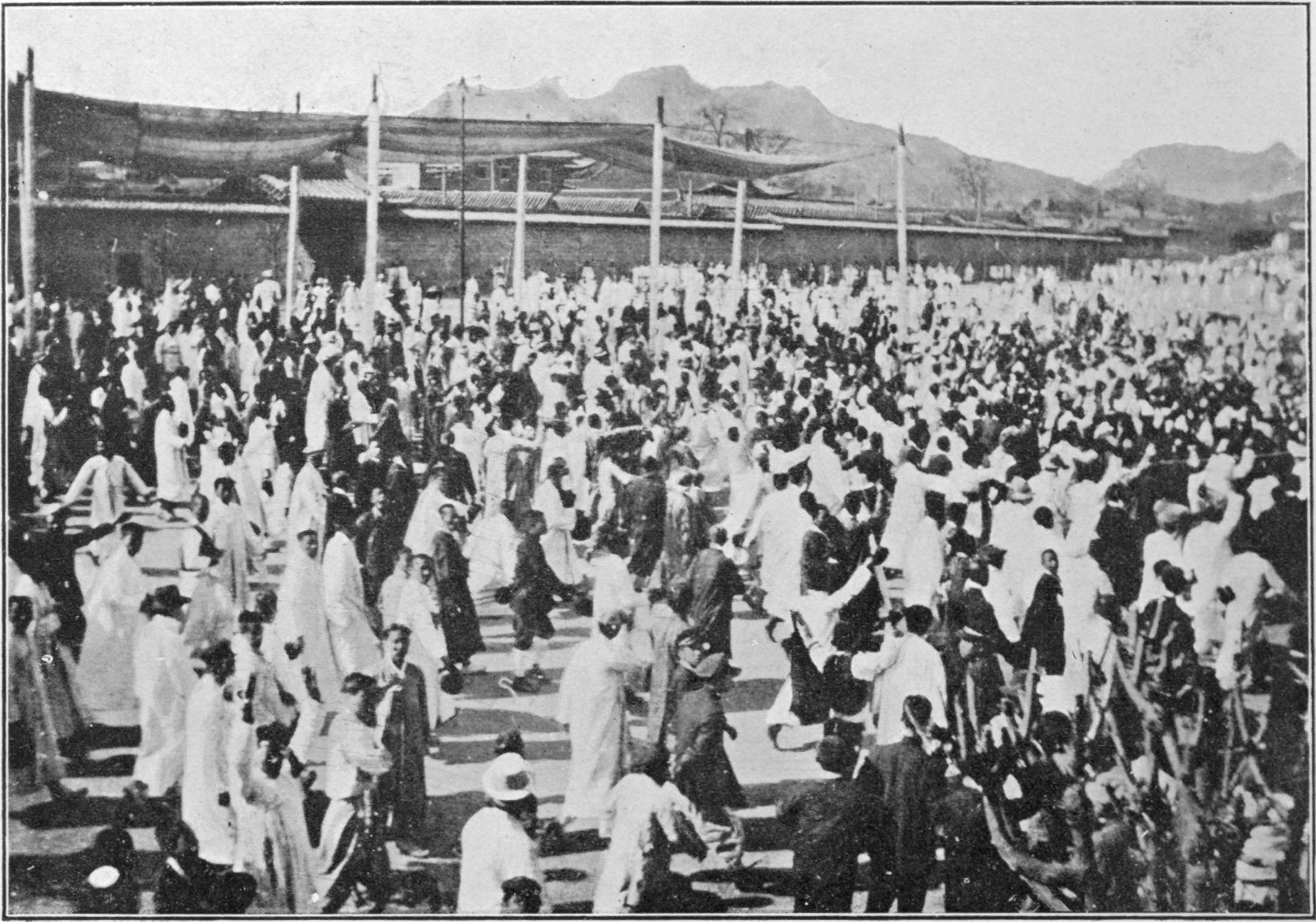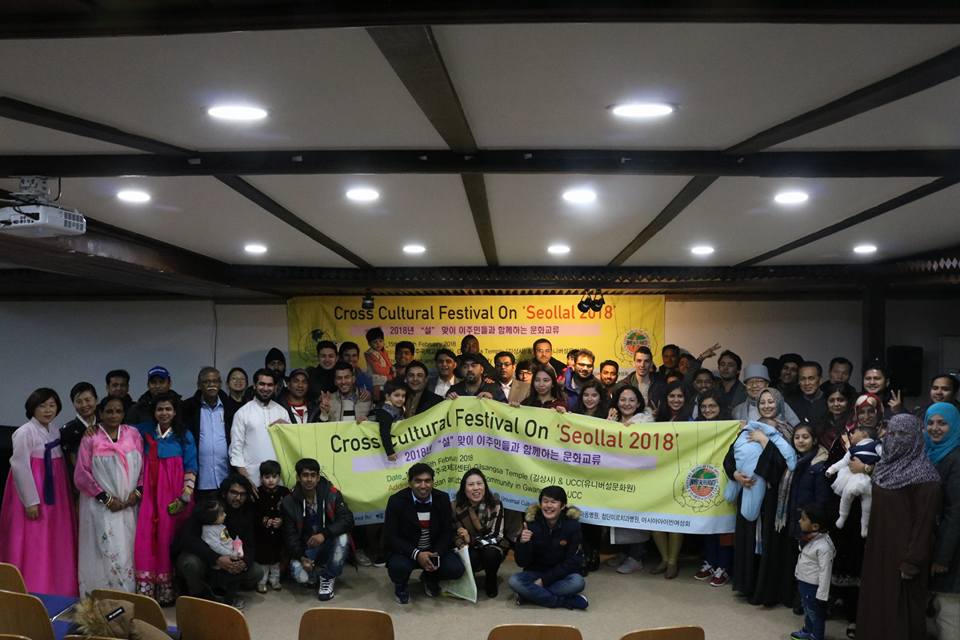Cross-Cultural Festival on Seollal 2018
Written by Matkhiya Usmonova
Photographs courtesy of Universal Culture Center
Organized by the Pakistani and Uzbek Communities in Gwangju and UCC
Gwangju is the City of Light, where all people are incredibly polite, friendly, and open-minded with each other. When I first came here, I realized that foreign residents were welcomed and greeted with positive feelings. What is more, Gwangju offers access to various opportunities for minority communities that help counteract the stress of culture shock. To be more specific, there are several international centers that immigrants can visit to get assistance with some of their vital issues, or where they may organize some events focusing on their valuable cultures as well as traditions. On February 15–16, the people of Pakistan and Uzbekistan presented their performances for the Seollal event at both the GIC and Gilsang Temple. I enjoyed the performances put on by both countries’ communities, as they were quite attention-grabbing and meaningful.

Day One: The Pakistani Community at the GIC
When I went to this event, I saw so many Pakistani people who were really kind and pleasant to talk to. To begin, they introduced and welcomed the honorable guests with an opening speech, followed by a presentation of their native land. Through this, I discovered that Pakistan’s culture is very diverse. This diversity stems from the fact that what is now Pakistan has been invaded and occupied by many different groups throughout history, including the White Huns, Persians, Arabs, Turks, Mongols, and various Eurasian peoples.
All in the same country, there are differences in culture among the various ethnic groups in matters such as dress, food, and religion. Interestingly, the presentation illustrated many of these fascinating differences with beautiful pictures and videos that were later easy to recall. Subsequently, they prepared a mixed variety of meals and sweets that were only halal. The national dishes included pilaf, chicken biryani, and gulab jamun – all of which were mouthwatering for the participants. After finishing lunch, a group of Koreans gave a brief introduction about their culture, traditional songs, and national Korean tea, which we were fortunate to try after the event. For the final portion of the program, all attendees tried on traditional Pakistani dresses (sari) and put henna decorations on their hands to create lasting memories.

Day Two: Uzbek Community at Gilsang Temple
Before the Uzbekistan cross-cultural awareness program began, an introduction to Korean Buddhist Culture was given for participants at the temple. Actually, while watching how they were praying, I came to see just how faithful they were to their own religion. Inside the temple, there were many attractive decorative ornaments, pictures, lights, and books. Following this, we went into the temple’s kitchen, where both Uzbek and Korean meals were waiting for us. The Uzbek dish named basma as well as Uzbek salad were full of delicious ingredients that everyone found tasty. We had a wonderful lunch with different individuals and engaged in great conversations about national meals and their recipes.
After lunch, the Uzbek community started its presentation in the cafe hall. The presentation was all about Uzbekistan. The culture of Uzbekistan, it turns out, is one of the brightest and most original cultures of the East. We were shown their inimitable national music, dances, and paintings, as well as their unique national cuisine and dress. One particularly informative video about the capital of Uzbekistan, Tashkent, was shared by a presenter.
I found the most interesting aspect of this presentation to be the ornately dressed dancer. To be fair, that is in large part because I was that dancer! As you can probably guess, I am an Uzbek myself and very proud of my culture.

Uzbek dances are distinguished for the softness, smoothness, and expressiveness of their movements, which incorporate easy sliding steps and original movements both in place and in a circle. While dancing in these ways, I felt the happiness I associate with my motherland. I also felt thankful to these international organizations that gave me and everyone else a chance to introduce our countries.
By way of conclusion, there are plenty of opportunities for adopting local conventions and cherishing our own cultures simultaneously. As a result, the Cross-Cultural Festival organized by these two nations benefited local and foreign communities alike. These two events brought joy and meaning to our lives and also helped build a harmonious multicultural community.
THE AUTHOR
Matkhiya is from the Republic of Uzbekistan. Presently, she is a student at Chonnam National University in Gwangju, majoring in English language and literature. She is a soft-spoken person, usually helping and try to bring possible perfection to whatever she does. She habitually strives to improve herself, personally and educationally, and tries to learn from her mistakes.



